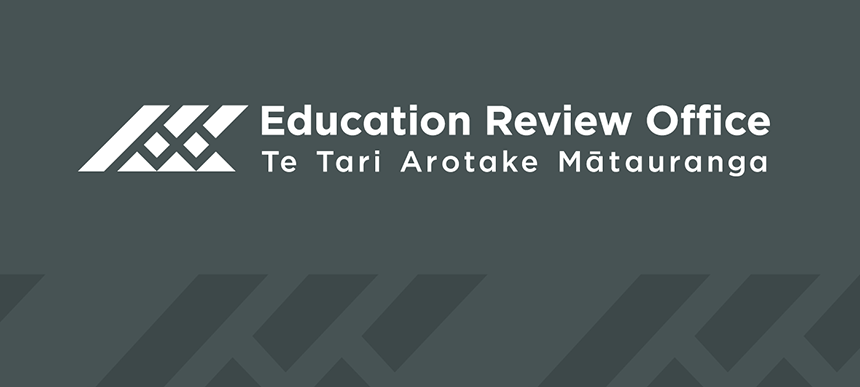Curriculum
How effectively does this school’s curriculum promote and support student learning?
The Botany Downs Secondary College’s curriculum is highly aligned to the New Zealand Curriculum (NZC). It promotes and supports student learning very effectively through its mission, values and key competencies which inform and influence the eight learning areas. The curriculum is designed to be inclusive and culturally responsive, while challenging students to develop and grow academically and personally.
Students reported to ERO that they value the opportunities they have in the curriculum programmes to make meaningful choices about their learning and to know about themselves as learners. They understand and appreciate teachers who engage with them in exploring ideas about new ways to learn. Respectful relationships between students and adults are evident throughout the school.
The school’s curriculum is designed to enable students to explore through inquiry and investigation. Within the eight learning areas, various courses, experiences and projects allow students to deepen their learning and to develop key skills such as problem solving, critical and creative thinking. The akonga principle where both adults and young people learn together is evident in classrooms, particularly in relation to digital learning. Student voice is a major and essential aspect of the college’s focus on engaging and connecting learners to their chosen interests and pathways.
The learning environment throughout the school is focused and purposeful. Teachers make good use of the diverse teaching spaces to provide whole class, small group and individual learning opportunities. Digital technologies support and enhance student learning and are currently a key element in teachers’ professional development. The board and school leaders plan initiatives and opportunities for effective teacher professional learning and frequently use the expertise of teachers within the school to promote different approaches and teaching strategies.
The college offers an enriching range of co-curricular activities. There are many opportunities for students to experience success and build leadership capability and social competencies. Again the whānau house structure enables more leadership opportunities to become available.
How effectively does the school promote educational success for Māori, as Māori?
The college is steadily developing its capacity to promote educational success for Māori as Māori. The school continues to celebrate good levels of academic success for Māori. Most students are succeeding in NCEA qualifications and achieve above national averages. These learners are supported to achieve success through the whānau mentoring system in the school, Māori teaching staff and the te reo Māori teacher, a kaumatua, who has a further focus on targeted students.
Liaison with the local Ngaitai iwi is supporting the ongoing development of school kawa and tikanga to strengthen Maori students’ language, culture and identity. All students in the college gain from sharing bicultural understandings about New Zealand and school leaders promote the significance of this learning in the school community.
The school’s strategic Māori Achievement Plan has clear goals to further develop the school’s capacity to promote success for M?aori as Māori. There is now a stronger likelihood that te reo will be sustained as a language option through to senior qualifications. The whānaungatanga ethos, hui for students’ whānau, the rebuilding of the kapa haka group and tuakana teina relationships are other aspects of the school’s context which significantly support the cultural identity of Maori learners.
The school’s curriculum has Māori knowledge reflected in course planning and the history of the local Howick area, including both Māori and Pakeha perspectives, is featured throughout school programmes. This is helping to develop students’ understanding of how the past can inform the future and deepens their understanding of where they live.
During the review ERO and school leaders discussed further steps to promote Maori achievement including:
- teachers continuing to embed culturally responsive practices
- using the Māori Achievement Plan to strategically and systematically address disparity between Maori achievement and that of other learners in the school.

